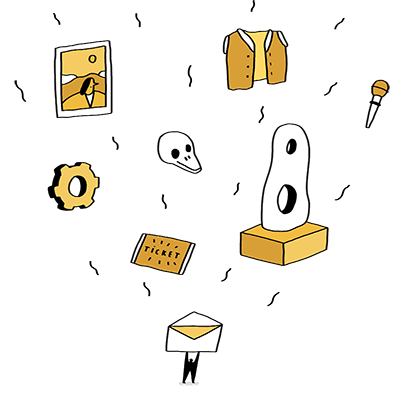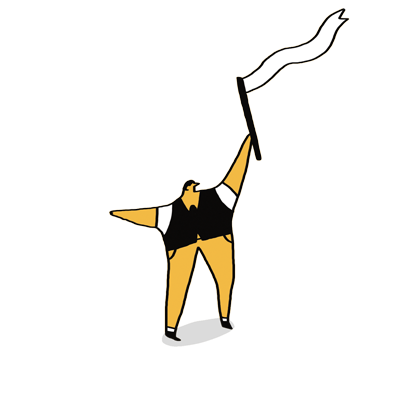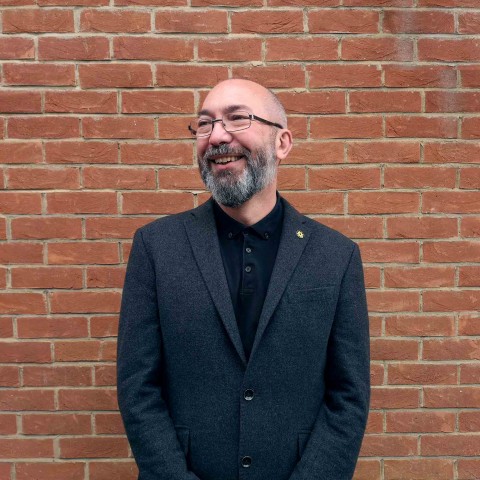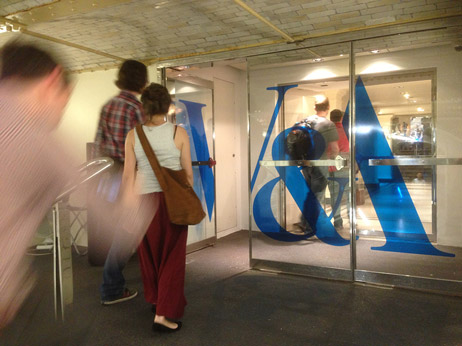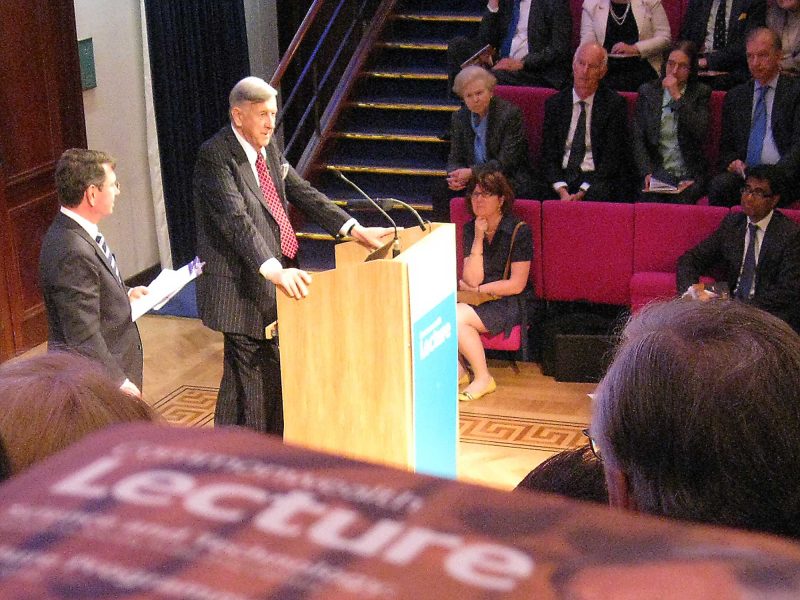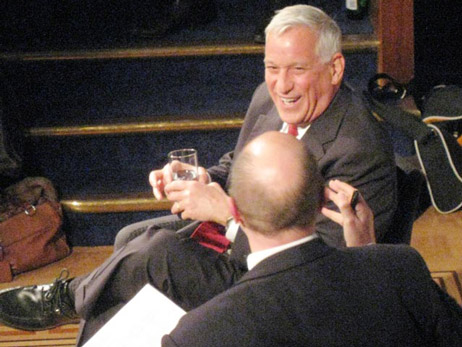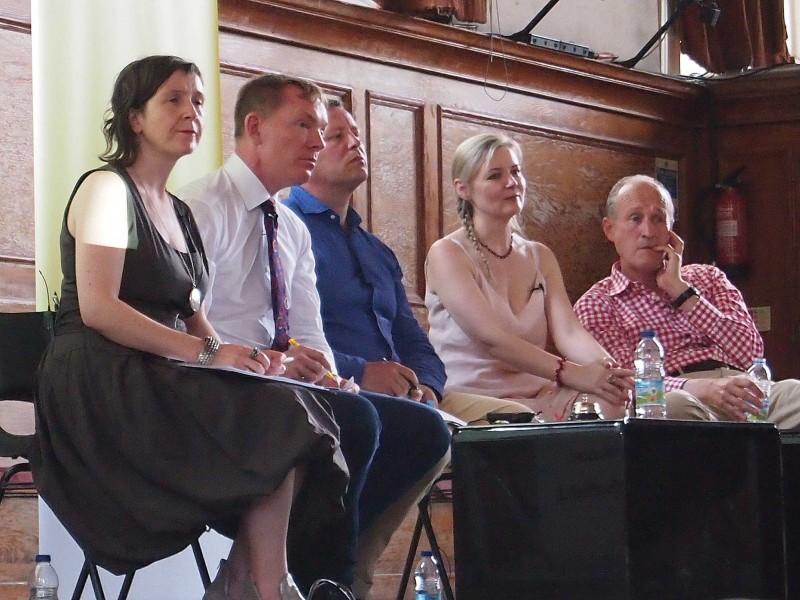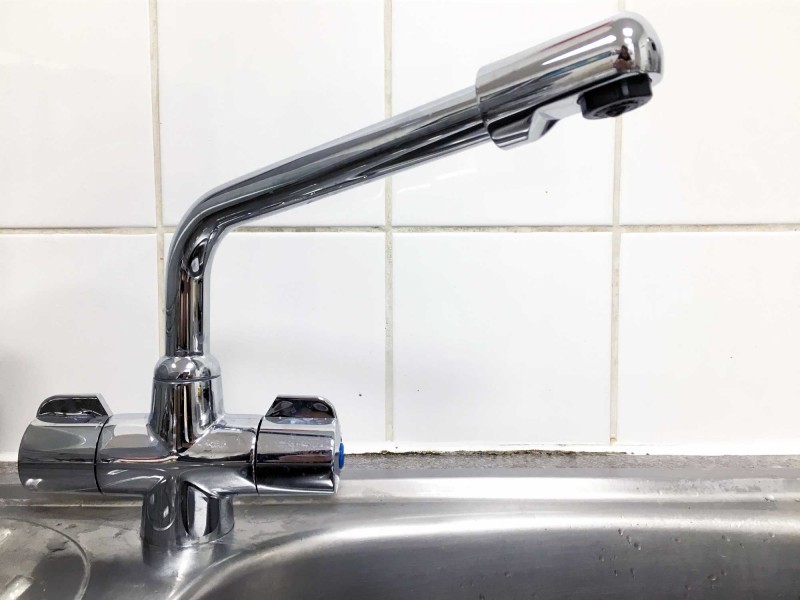As part of a programme of events, talks and workshops accompanying Museum of Water at Somerset House, Sir Peter Bazalgette (Chair of Arts Council England) gave a talk about the engineering works of his ancestor, the Victorian civil engineer, Sir Joseph Bazalgette. The venue was the wonderful King’s College, on the Strand.
Drain Brain: Sir Peter Bazalgette
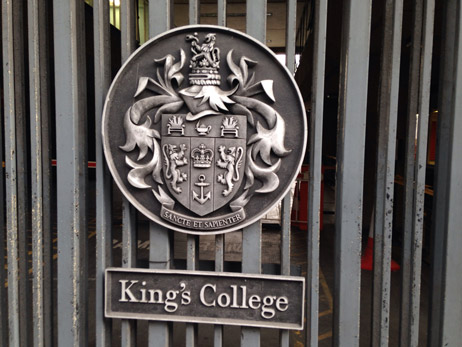
On my first day as a full-time member of the Cog team, I was invited to a lecture about sewerage; what would you have thought about that? I was more than a little skeptical. I should have done some research but I didn’t so all manner of things were coming to mind as to what would be spoken about, or worse yet, shown to us.
On my first day as a full-time member of the Cog team, I was invited to a lecture about sewerage; what would you have thought about that?
After walking by the beautiful Somerset House, into the entrance of King’s College and down its corridors, it was easy to see that this was going to be a very sophisticated take on the topic of poo. Thanks to Michael’s military-like time-keeping skills we were one of the first people there and had the opportunity to walk around the chapel before we made our way into the room where the talk was held. The chapel was astoundingly beautiful and set the tone for the evening.
We made our way to the beautifully proportioned room where the talk was to be. We were greeted and offered a drink (this wasn’t what I expected from a lecture). Wine, juice or water? We all went for the juice or water, it was Monday after all, and this was a Museum of Water event.
As a teenager I adopted the idea that all history was boring, and despite attending history classes at school and being dragged to endless castles and what not my by dad, I went out of my way to ignore everything and pretend it didn’t happen. Now as an adult I find these things interesting and my ignorance, when younger, has left me a blank slate.
Peter Bazalgette definitely knows how to tell a tale and make it exciting. You could tell from the moment he introduced himself that he is extremely passionate about his family, their accomplishments and some of their murkier deeds.
The talk started out with a quick overview of what the situation was like in London around the time that his great-great-grandfather Sir Joseph Bazalgette was working as a Victorian civil engineer. Hearing about the shocking situations in which people lived and the way that they dealt with their waste was very grounding. I had no idea that people used to store their waste in their basements and then someone would come by at night to collect it.
Peter (I feel I can call him Peter now) spoke to us about the way that human waste mixed into the rivers that fed into the Thames, and how the tidal nature of the Thames mean the effluent moved up and down but didn’t wash out to sea.
He spoke about the terrible cholera epidemics and the way that John Snow identified the fact that the diseases were being spread through the water pumps. Everyone in the room seemed to know all of that; I was soaking it up like a sponge (the information, not the infested water).
Apparently, despite the growing evidence to the contrary, people still believed in miasma (the spread of disease through foul air). So it was the ‘the great stink’, a summer that was so hot that the air was putrid, that finally prompted action to change the sewerage system.
As the story goes, it was only at that point, when the Westminster politicians feared for their lives, that they put up the money to fund Sir Joseph Bazalgette enormous and disruptive project to dig up all of London and bury hundreds of miles of pipes. Largely using gravity, the sewerage was taken out of London and into the mouth of the Thames.
There was a need for some pumping stations, to bring the waste back to a height where it could flow on to the next pump. One of these is at Crossness (in Belvedere/Thamesmead) and Peter has been raising money for years as it has been gradually restored. Michael has been to this ‘underground cathedral’ and bored us regaled us with storied of the incredibly beautiful iron-work and aesthetically engineered crankshafts.
The knock on effect of his tunnelling system through London was also very interesting, including the building of the Thames embankments (consequently removing the river frontage from Somerset House). It was a strange thought when, closer to the end, we were asked to reflect on what it would have been like if these tunnels had not have been built; would London have been abandoned?
Following on from his perfect historical explanation Peter took joy in exploring other aspect of his great-great-Grandfather’s life and even going further into his family tree at points, producing a sword at one point (with an anecdote about being refused entry, with it, when visiting Maria Miller.
It must be great to have such a well-documented family history. Delving deep into his ancestors’ history, Peter has found interesting documents and drawings. I really enjoyed seeing the drawing of a boat on the river Thames Sir Joseph Bazalgette had done for his granddaughter (but rather funnily had signed it with his list of full honours).
I was unaware that any of this had happened, and may have been one of the few people in the room that wasn’t incredibly knowledgeable about the history of London’s sewer system. As the talk ended with a round of questions and little debates, the room opened up and people were eager to share their opinions and insights. I always find that a little bit odd.
Overall this was a thoroughly enjoyable talk, and the only negative I found was that it didn’t go on long enough, and the Q&A lasted longer than the talk itself.
After leaving we walked back through Somerset House and tried to get into the Museum of Water (that this talk was a part of). It had closed at 6, which was a little disappointing. However, on the plus side, after telling my dad about what I’d been up to, he seemed very jealous and I think I made up a little bit for my lack of interest in his trips to castles.
